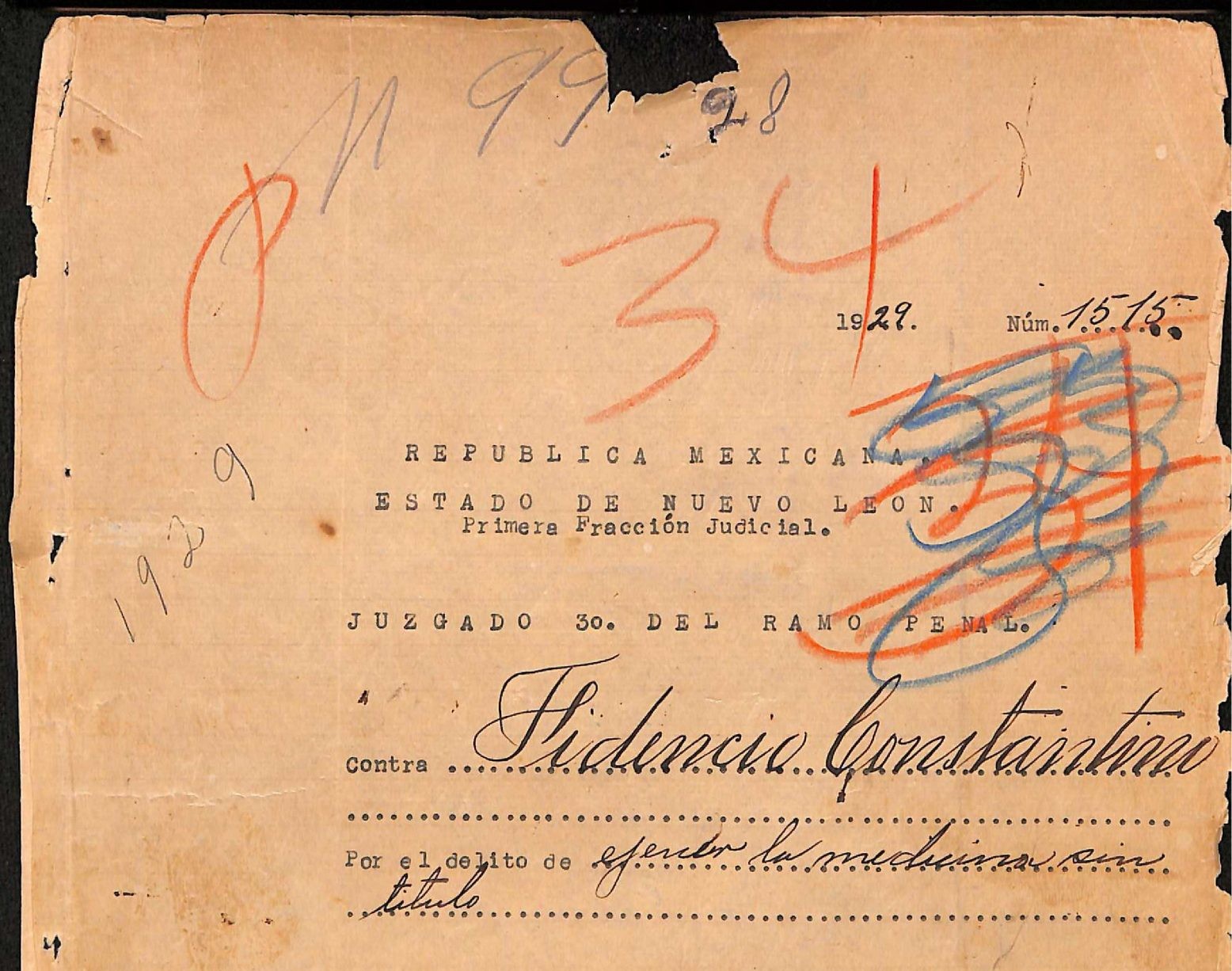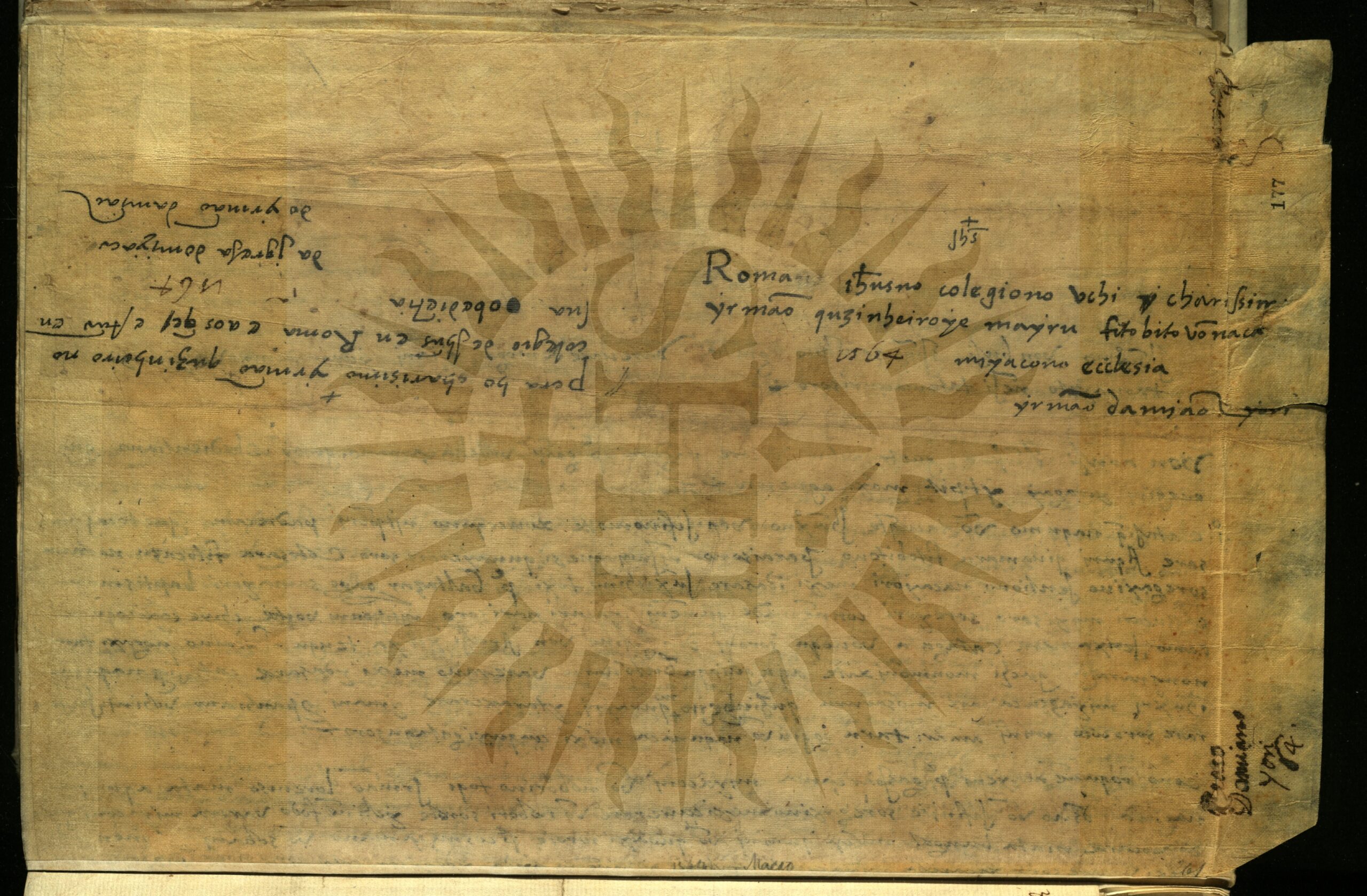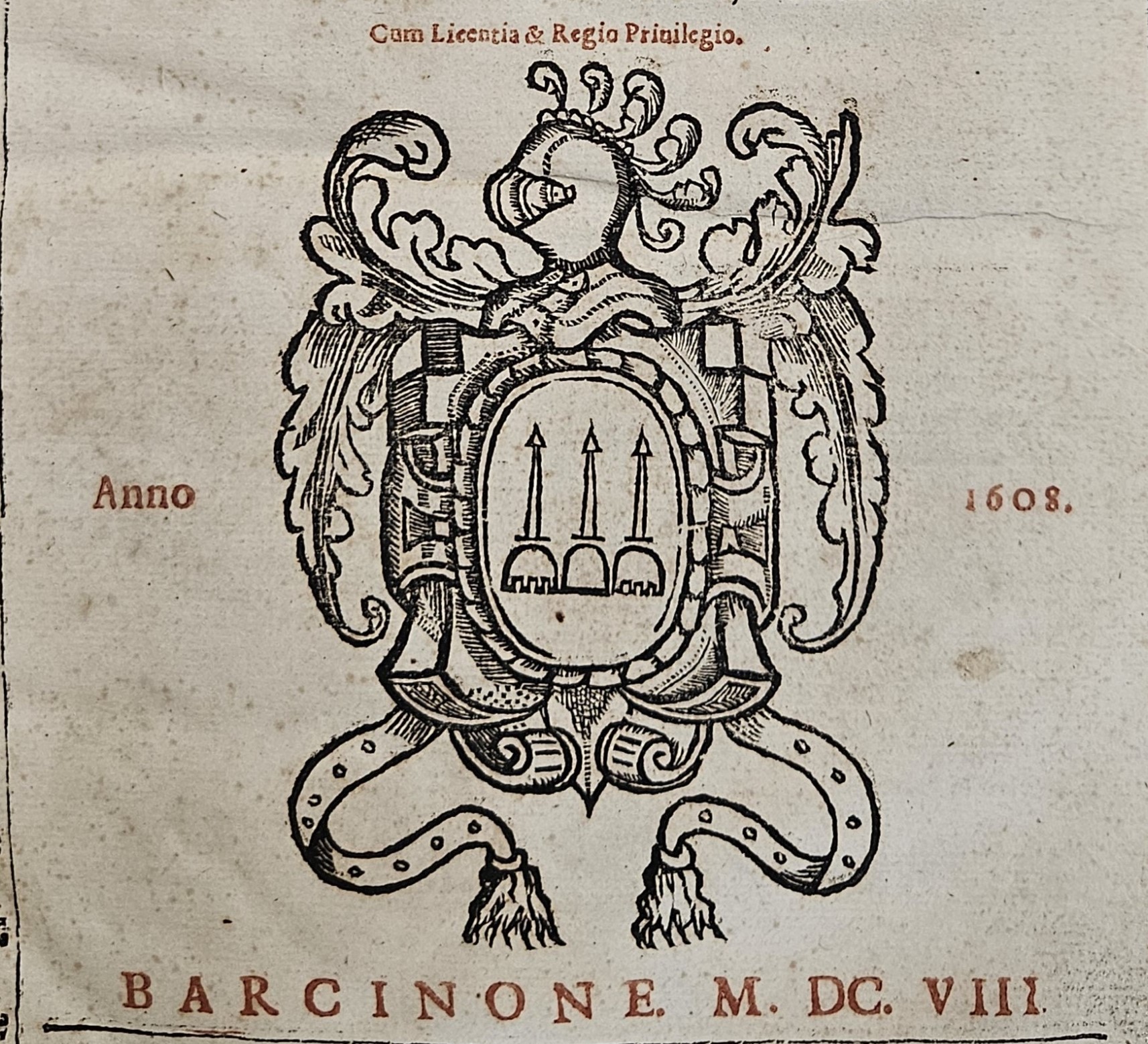From the department of Historical Regimes of Normativity at the Max Planck Institute for Legal History and Legal Theory

Geschichte, Gegenwart und Zukunft arbeitsrechtshistorischer Forschung am MPI für Rechtsgeschichte und Rechtstheorie
Die Arbeitsrechtsgeschichte hat am MPI eine lange Tradition. Anfangs war sie vor allem Bestandteil des Großprojekts zur Privatrechtsgeschichte. Später richtete sich der Fokus auf die arbeitsrechtliche Konfliktlösung und das Arbeitsrecht in Diktaturen und autoritären Regimen. In jüngerer Zeit stehen das nichtstaatliche Arbeitsrecht, das Ordnung der Arbeit in Dependenzregimen, die globale Arbeitsrechtsgeschichte und die Arbeitsrechtsgeschichte der EU im Vordergrund. Der vorliegende Beitrag versucht die Vielzahl bisher am Institut erschienener arbeitsrechtshistorischer Beiträge in einer thematischen und chronologischen Ordnung zu präsentieren.

Habitar el archivo. Entre la microfísica de lo cotidiano y la excentricidad de sus habitantes
Durante un tiempo pensé que hacer Historia del Derecho en el presente sería un escenario desolador. Recuerdo el amargo sabor que generó en mí el cambio del plan de estudios de la carrera de Derecho en la Universidad de Monterrey. Así, mientras la disciplina Historia del Derecho pasaba a ser parte de un pasado, en mi presente la soledad avanzaba a pasos agigantados.

A Letter to the Cook: Norms and Conversions in Early Modern Japan
Damião of Akitsuki, a Japanese brother of the Jesuit mission to Japan, was able to persuade merchants, warriors, and local lords to embrace Christianity, a faith brought from halfway across the globe. At a time when European missionaries could speak no more than a few phrases of Japanese, Damião allegedly would engage in complex debates with Buddhist monks and attest to the conversion of large groups of people.

Correcto in hoc iure communi. Motivación de las sentencias en la Cataluña altomoderna
En la presente entrada expongo el objeto de mi investigación doctoral – el estilo judicial relativo a la motivación de las sentencias civiles de la Real Audiencia de Cataluña (1493-1639) en el contexto de la cultura jurisdiccional hispánica altomoderna – a la luz de las categorías y herramientas historiográficas.
About Us
Legal History Insights is a blog about legal history, created by the department of Historical Regimes of Normativity at the Max Planck Institute for Legal History and Legal Theory and showcases posts from our current and former members and guests as well as those affiliated with our research.

